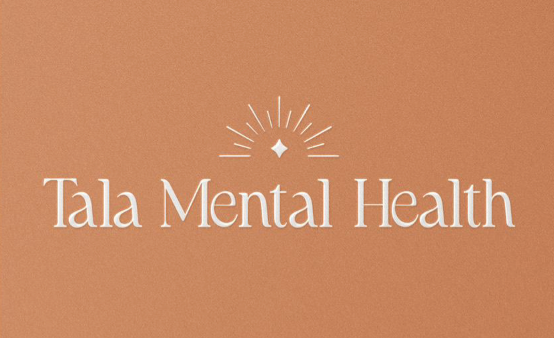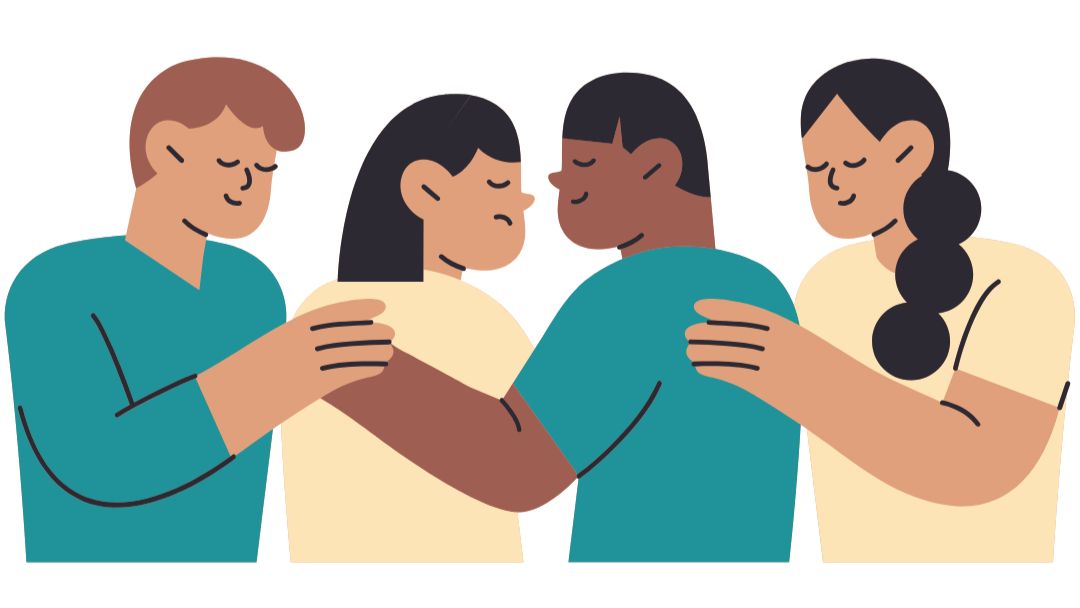Debunking Unrealistic Expectations
We all hold unrealistic expectations of ourselves. Although we hope these expectations inspire or motivate us, they may interfere with our ability to pursue goals, relationships, and other desires instead. Unrealistic expectations might sound like:
- “I can’t ever quit” which can translate into “I have good work ethic"
- “I don’t need any help” may translate into “I’m hyper independent”
- “It’s not okay to make mistakes” may translate into “I’m a perfectionist”
Unrealistic expectations don’t allow flexibility in ourselves. Instead, it can set us up for disappointment trying to achieve the unachievable.
Adjusting our expectations doesn’t mean we are lowering them. It simply means we give ourselves permission to do our best– and that our best changes each day. It also means letting go of the assumption that we are in control of all parts of the situation.
Offer yourself compassion instead of blame. Consider these realistic expectations:
- “I will do my best with the time, energy and resources I have”
- “I can learn from this experience”
- “I don’t have to do it all by myself in order to succeed”
Written by: Elaine Raif, ASW#111237
Enjoyed this message?
feel free to share it by clicking below



